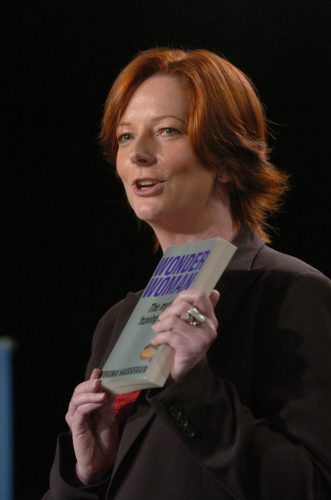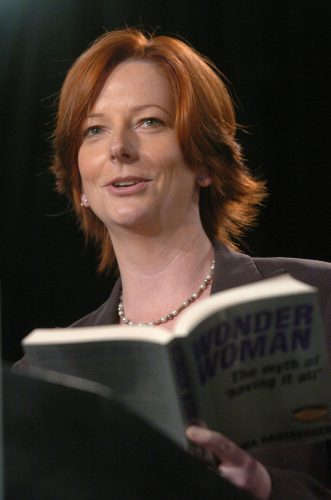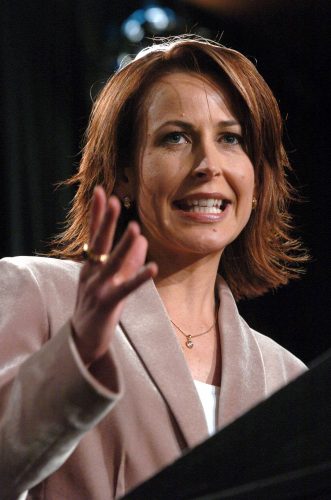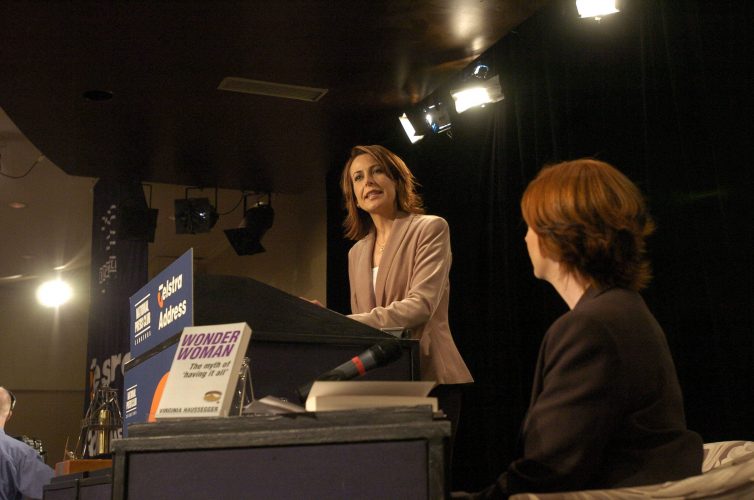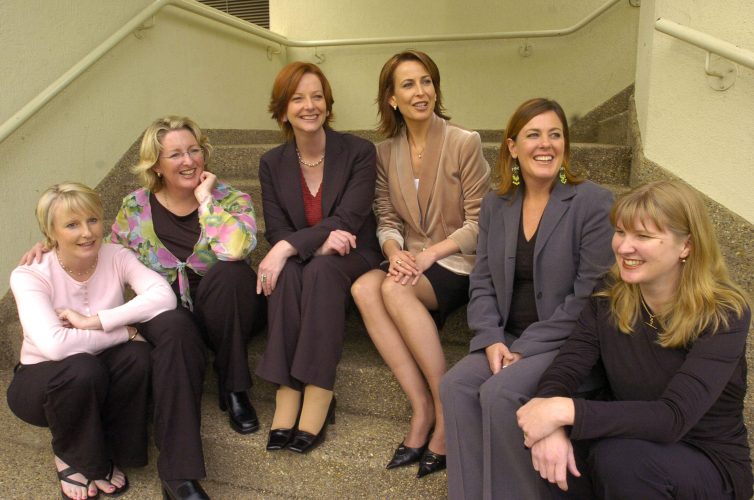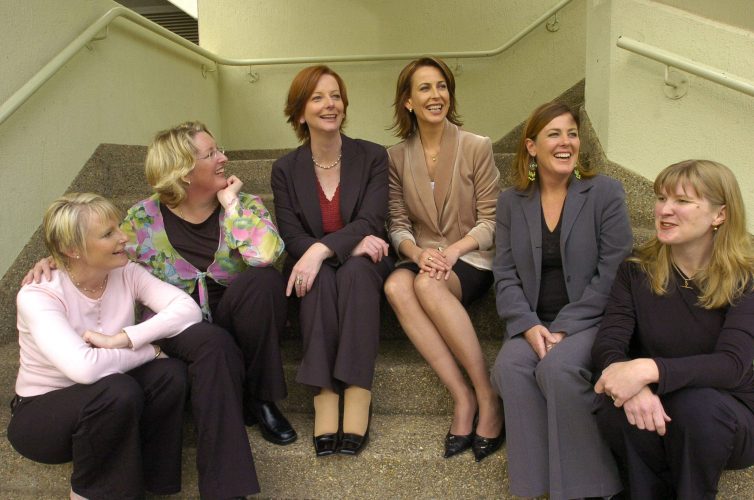Is it possible that Australian women lack ambition? Have young women heard how hard it is to “have it all”, and decided not to bother even trying?
The past decade has seen some profound social shifts for women. But while some of the results of those shifts are encouraging, others are less so. Which has me worried there may be a whiff of defeat in the air. First it’s worth acknowledging the encouraging signs – such as the considerable improvement in our fertility rate.
At the start of this decade we were heading for a possible population crash, with Australia’s fertility rate at the lowest on record, and showing every sign of continuing to plummet. But thanks to an avalanche of media chatter about unintended childlessness and age-related infertility, along with a concerted government policy push, generous baby bonus payments, and Peter Costello’s booming “have one for the mother, one for the father and one for your country” – women got breeding again.
Now, a decade into the 21st century and we can safely say motherhood is well and truly back in vogue. Even so, last month’s Intergenerational Report with its revised fertility rates were a surprise. Back in 2007 it was projected that by now our fertility rate – which ten years ago was a dangerously low 1.73 babies per woman – would reach 1.82 in 2010. But in fact it’s even better – a very healthy 1.98.This is close to the 2.1 required for population replacement, which is where the USA, NZ and the UK sit. What’s more, long term projections now suggest our current fertility rate will be maintained, rather than decline.
Nearly ten years ago, when the situation looked dire, it was almost inconceivable to think that we’d have the breeding boom Australia has experienced in the latter part of this decade. Or that women would start having children earlier – as they now are.
But, as with all such social and demographic shifts, there are costs and consequences. And some of those consequences are not necessarily the kind of outcomes we’d hoped for – or even anticipated.
Last week I gave a speech to the Institute of Public Administration Australia about women, work and fertility choices, with an emphasis on how public policy affects our private decisions. Later a very thoughtful email from a member of the audience stopped me short. The writer pointed out that while there has been a considerable increase in the number of women in the Australian Public Service, there has been a “profound” move to part-time work for women in their late 20s and 30s who have child-care responsibilities, and that women were freely and enthusiastically choosing to do this. My correspondent also pointed out that while there was an increasing number of women in Senior Executive positions, the representation of women at that advanced level will probably never push much past 40 percent. The writer then said “Is that a problem? I am not sure”. He went on to say “many women I suspect will accept they cannot ‘have it all’ and choose to make trade-offs”.
So, do we have a problem? Does it matter that an increasing number of women are interrupting their career paths to look after children, when we know that the workplace does not tolerate absence well? And does it matter that women will never have an equal share of executive positions in the public sector? We certainly can’t look to the private sector for encouragement. The representation of women at senior executive or board level in corporate Australia is utterly shameful. But again the questions beckons – does it matter?
Research published late last year in the Australian Journal of Public Administration, by Professor Margaret Lindorff, throws some light on this. She found that women in the public sector have significantly greater job satisfaction than their male colleagues. They have a greater trust in the organization they work for, a greater sense of pride in their job, and even a greater sense of personal influence on work matters than the men they work alongside. They feel more positive about their career development and the effectiveness of their training. They’re even more inclined to consider their pay is fair – despite the gender pay gap.
Men on the other hand are much less positive about their lot and feel increasingly disadvantaged by the advances they perceive women are making.
The irony is that men still dramatically outweigh women in senior executive roles. They hold the lion’s share of top jobs, and therefore wield greater actual power and influence, as well as command bigger pay. And although Lindorff’s study focuses on the public service, the report points out that these findings are mirrored in the private sector.
So – why are working women more content than men? Could it be that they simply expect less? Or perhaps women are just grateful for the crumbs, while men still get to eat the cake.
A significant social shift in values and priorities will inevitably result in casualties. I just hope female ambition isn’t one of them.

